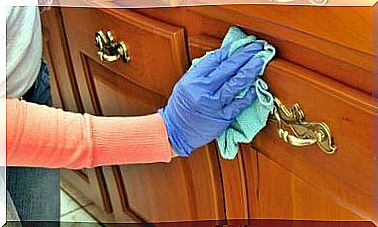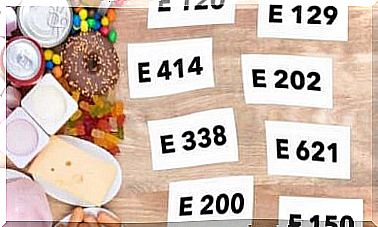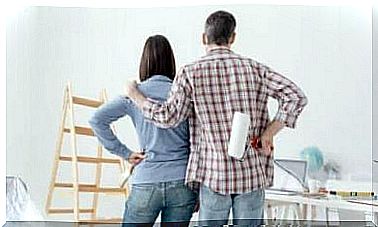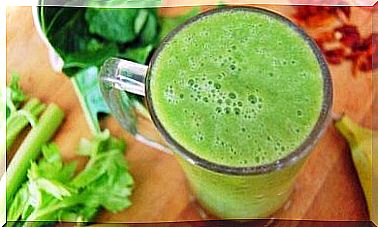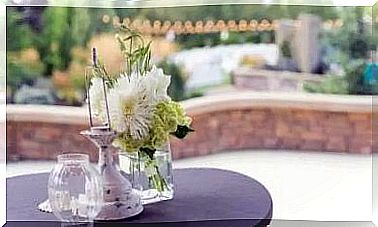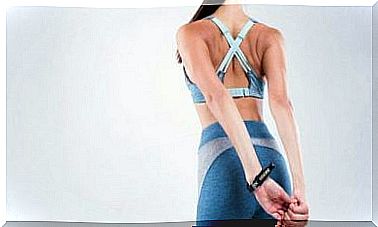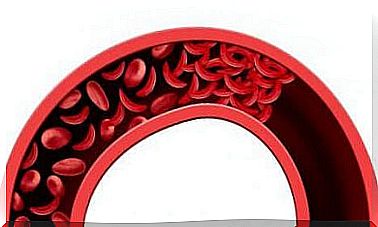Do You Want To Sneeze And Refrain? Risks And Recommendations
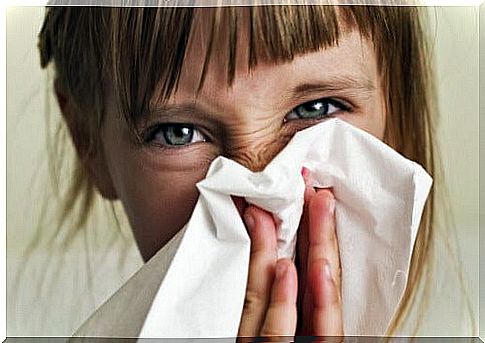
You are in a meeting or on the subway, you want to sneeze but you refrain. You don’t want anyone to hear you, because it’s embarrassing. What are you doing? Avoid sneezing so as not to make noise.
You know what we mean: you hold your nose with your fingers and close your mouth to keep the sound from coming out.
But did you know that it is harmful to health when you want to sneeze and refrain? In this article we explain why it is a harmful habit. In reality, a real sneeze plays an important role and has no negative consequences for the body.
Sneezing is a defense mechanism that the body activates to get air out of the lungs through the nose or mouth. This is a reflex that occurs when a certain element irritates the airways.
Why and how do we sneeze?
A fast and strong wave of air comes out of the lungs in a very short time. The abdominal muscles suddenly raise the diaphragm, exerting pressure on the lungs and opening the pharynx.
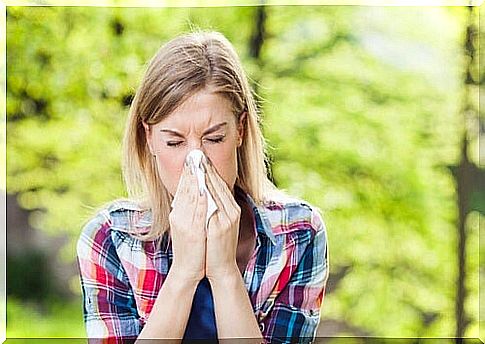
When that “explosion” leaves the body… it can reach up to 120 km / h! In any case, it has a speed of at least 65 km / h.
Another curious fact about sneezing is that when you remove the air you can’t keep your eyes open. This is another reflex that protects your eyes from possible injuries caused by increased pressure in the sinuses.
It also prevents germs in saliva that can cause infections from coming into contact with mucous membranes.
Sneezing can have several causes, including:
- Colds and flu (especially when you produce a lot of mucus)
- Allergic reactions (normal reaction of the body to the presence of certain substances)
- Contact with the sun
An incredible fact is that a sneeze “never comes alone.” What this means? Most likely, after the first one, others will follow.
The number of sneezes varies from person to person, but it is possible to sneeze even 10 times!
Multiple sneezing occurs when all the air accumulated in the lungs is not released or when the cause of the sneezing is still present. This means that the respiratory system did not work properly.
There are also people who think that if you sneeze three times in a row you get a gift. Other people make a wish like “Health!” every time I hear someone eliminate that explosive air emission.
Is it harmful when you want to sneeze and refrain?
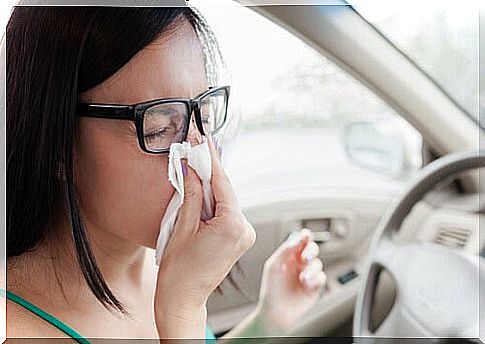
Many of us frequently refrain from sneezing to avoid an embarrassing time when we spread germs and saliva around. Maybe when you were little you were told that it is not polite to sneeze in public or you simply do not like this feeling.
But studies have shown that abstinence from sneezing can be harmful to health.
For example, when you want to sneeze and abstain, it can have the opposite effect to that produced by sneezing. Irritant agents and particles are directed inwards and not outwards.
The force of that air can damage the tissues in the nasal cavity, causing damage to the blood vessels and veins.
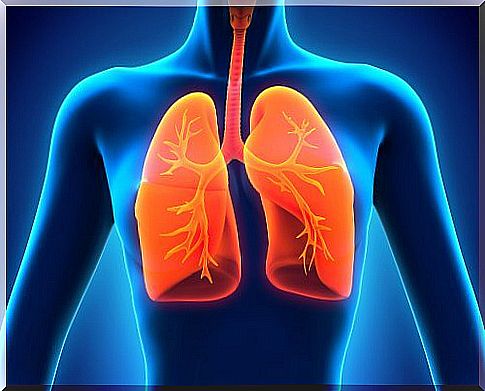
Pathogens and other germs can move to deeper areas of the nose, middle ear, sinuses, etc., multiplying and causing infections.
Problems that may occur
When you want to sneeze and abstain, you apply pressure to the respiratory tract. The worst situation is a crack in a vein, which causes nosebleeds, eardrum or eye problems.
This causes inflammation of the nasal passages and eardrum which causes headaches, ear infections and even hearing problems. If your ears are clogged or you feel a little dizzy, you may feel the effects of sneezing.
Of course, you don’t want to be the author of a noisy sneeze that spreads saliva and germs around, but there is a way to temper these effects and sneeze normally at the same time. How? Very simple, putting a napkin in your mouth.
In this way you release the air and microorganisms from the body, but you also protect those around you, as you prevent the spread of the disease and the possibility of an infection.
Another fairly popular (though not 100% effective) option is to sneeze at the elbow.
After sneezing into the napkin, it is very important to wash your hands to remove bacteria and viruses that remain on the skin.
Be sure to use hot soapy water for at least 20 seconds, especially before eating. This way you can prevent the spread of many diseases, including:
- Flu
- Cold
- Bronchitis
- Hepatitis A
- Infectious diarrhea

